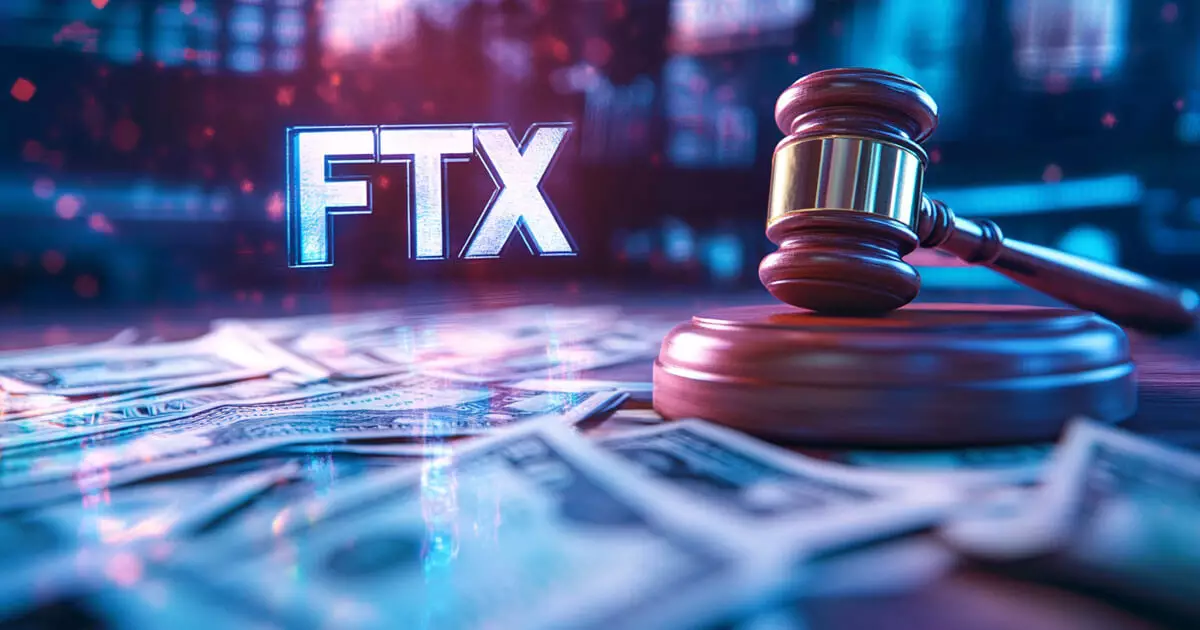The FTX exchange, once a leading player in the cryptocurrency world, has found itself embroiled in a legal battle that underscores the catastrophic fallout of its collapse. On November 4, the bankrupt firm initiated a lawsuit against Ryan Salame, who previously served as the co-CEO of its Bahamian subsidiary. The lawsuit aims to reclaim about $98.8 million, comprising both cash and cryptocurrency. The accusations leveled against Salame revolve around his alleged complicity in facilitating the misappropriation of customer assets, particularly in collaboration with key executives, including the infamous founder, Sam Bankman-Fried.
The essence of FTX’s allegations is rooted in claims that Salame played a crucial role in the mismanagement and fraud that ultimately led to the exchange’s downfall. The company argues that Salame took deliberate steps to obscure the financial irregularities stemming from his actions, benefitting immensely from the supposed fraudulent financial schemes that pervaded FTX under Bankman-Fried’s leadership. Notably, FTX highlighted how Salame’s compensation over two years included an astonishing $52.9 million in wire transfers and additional millions through withdrawals and bonuses. This reveals not just a breach of fiduciary responsibility but also raises questions about morality and ethics within top management positions in financial enterprises.
Salame’s financial dealings come under scrutiny in FTX’s lawsuit, particularly concerning his acquisition and liquidation of FTT tokens. Reports suggest that he obtained approximately nine million tokens, subsequently selling 1.1 million for a staggering $24 million. This capital was then allegedly funneled into various high-profile expenses, including ventures in luxury automobiles, real estate, and investments like a $2.3 million stake in a private equity fund. Such extravagant spending raises pressing concerns about the integrity of executive financial practices in the cryptocurrency arena, where oversight often remains minimal.
Salame’s legal troubles extend far beyond the FTX lawsuit. Following a guilty plea regarding his role in an unlicensed money-transmitting operation and illegal political donations, he is currently serving a 90-month prison sentence. This pronounced sentence, coupled with a court order for him to forfeit $1.5 billion, underscores the gravity of his offenses. Furthermore, he faces significant financial penalties, including over $6 million in forfeiture and $5 million in restitution, marking a steep price for his transgressions.
Implications for FTX and the Crypto Industry
The ongoing legal disputes and revelations about mismanagement at FTX serve as a cautionary tale for the cryptocurrency industry, highlighting the potential vulnerabilities and ethical lapses that can occur without stringent governance. As FTX pursues recovery of what it terms “misappropriated assets,” the outcomes of these legal proceedings may not only influence the firm’s future but also set precedence within the rapidly evolving regulatory landscape of cryptocurrency management. The case sheds light on the pressing need for transparency and accountability in financial institutions, an issue that resonates profoundly with stakeholders at all levels of the crypto economy.

